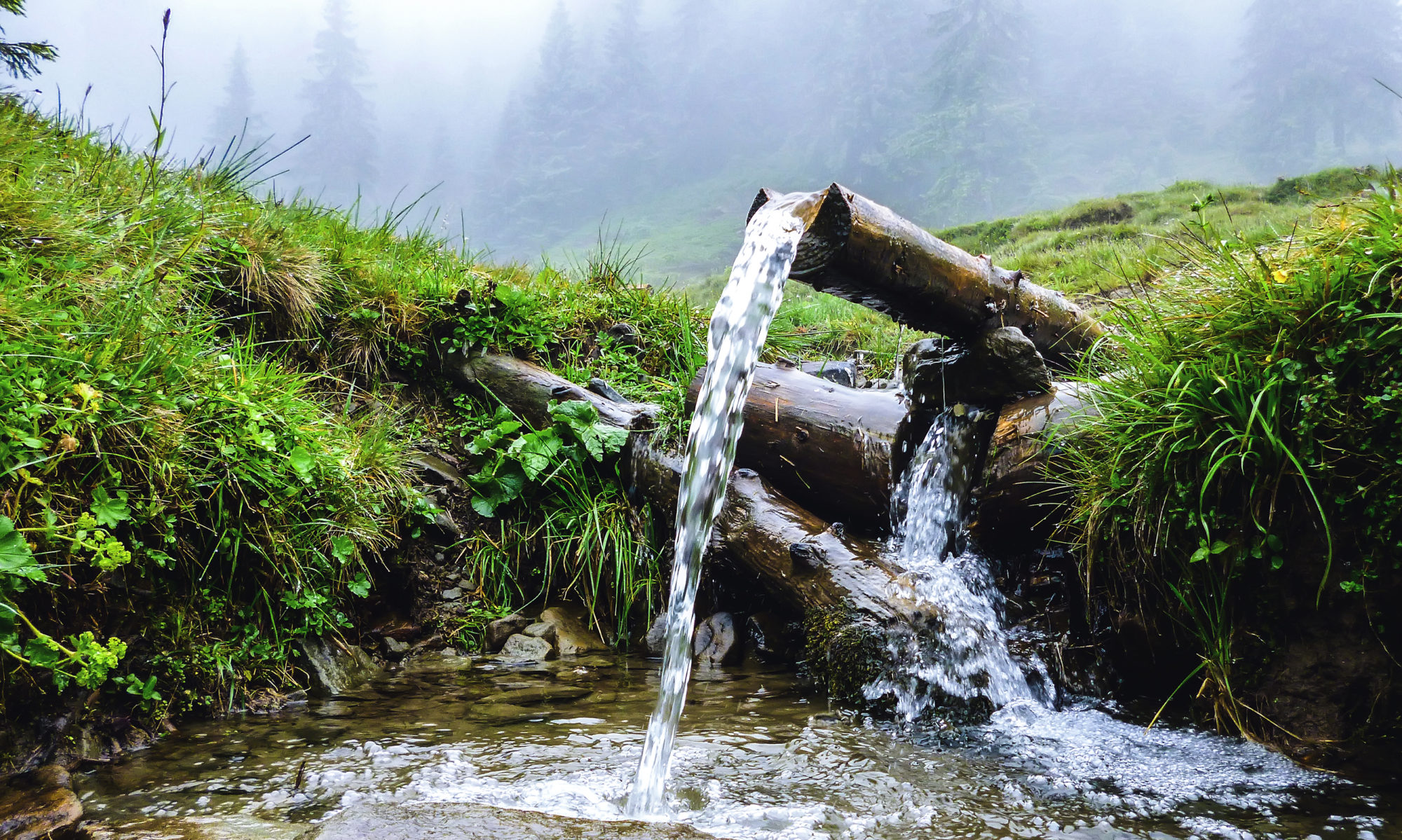KSL combines depth of experience in water resource modelling and deployment of best practice techniques with a passion for uncertainty management and the collaborative integration of expert knowledge with observation data. Our modelling delivers a better understanding of environmental systems, supports challenging water resource management decision-making, facilitates genuinely sustainable management of our natural resources and helps us adapt to our rapidly changing environment.
Our philosophy
We believe that successful modelling projects are built on:
- A well-defined set of questions and a firm grasp of the trade-off between predictive certainty and resource allocation to the modelling project
- A clear understanding of the physical and chemical processes of most relevance to the study questions
- Selection of the modelling methods and tools best-suited to the project and a firm comprehension of their theoretical basis
- A rigorous evaluation of confidence in, and uncertainty around, key observation-based and expert judgement-based model input data
- Attention to detail and a robust QA process during the model development and deployment process
- Clear, open and honest communication of model results and limitations
We believe that a simple model with the flexibility to explore natural hydrological processes and predictive uncertainty is often more valuable than a complex deterministic model which provides few insights into the range of possible predictive outcomes and the extent to which it is “wrong”.
Our passion for evaluation and communication of predictive uncertainty stems from:
- the knowledge that although all models are wrong, their usefulness can be maximised by understanding degrees of “wrongness”;
- a firm belief that better decisions can be made when predictive uncertainty has been assessed and communicated; and
- a strong desire for open and honest science communication.
Our capability
KSL has a proven track record in water resource modelling for some of the most challenging and important natural resource management and climate change adaptation issues we are now facing.
- Water quantity and water quality limit-setting
- Climate change adaptation: groundwater impacts from sea level rise and drought impact assessment
- Drinking water source zone delineation and water quality risk analysis
- Evaluation of nitrate transport pathways to surface water and groundwater receptors
- Stream depletion analysis for groundwater abstraction effects assessment and determination of environmental threshold-based allocation limits
- Sustainable energy solutions: thermal energy transport for aquifer heat storage and recovery and ground source heat pump system design and impact assessment
- Water resource impact assessment for civil engineering projects

